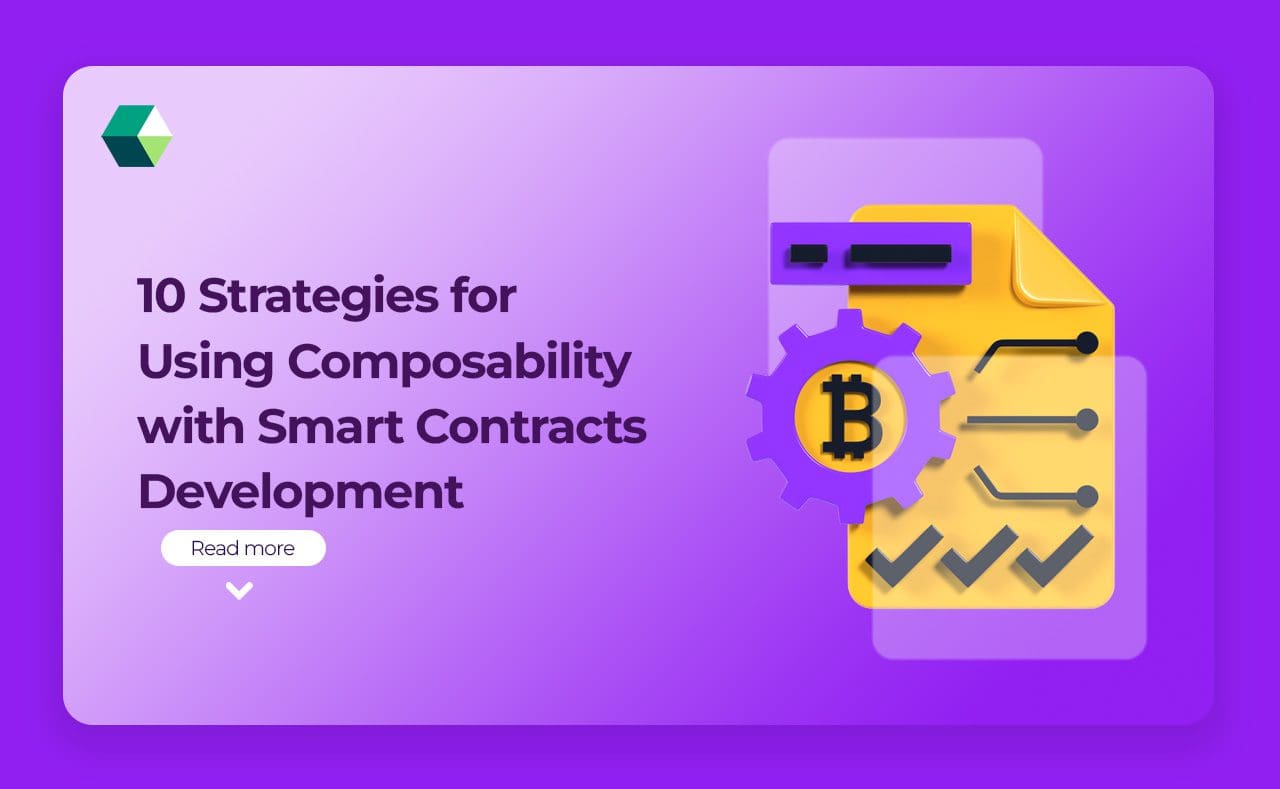Gas Price Optimization on decentralized exchanges (DEXs), traders should use Layer 2 solutions like Optimistic Rollups or zk-Rollups to reduce fees by processing transactions off the main chain. Timing transactions during off-peak hours and using gas fee estimators can help avoid high costs, while selecting DEXs with lower fees or gas refund programs further cuts expenses. Batching transactions, exploring alternative blockchains with lower fees, and adjusting gas price settings can also contribute to savings. Implementing these strategies ensures a more cost-effective trading experience on DEXs.
What is Gas Price Optimization in DEX?
Gas Price Optimization in dex development company focuses on reducing transaction costs by implementing strategies that manage and lower gas fees. This involves using layer 2 scaling solutions, timing transactions to avoid peak congestion, and utilizing gas fee estimators to ensure transactions are cost-effective. Additionally, optimizing DEX software to support batch transactions, exploring alternative blockchains with lower fees, and offering advanced order types can further enhance cost efficiency. Effective gas price optimization is crucial for improving the user experience and overall performance of DEX platforms.
Best Way to Save on Gas Price in a DEX
To save on Gas Prices when using a decentralized exchange (DEX), consider the following strategies:
-
Leverage Layer 2 Solutions
Utilize Layer 2 scaling technologies like Optimistic rollups or zk-rollups, which process transactions off the main Ethereum chain, reducing gas fees significantly.
-
Optimize Transaction Timing
Execute trades during off-peak hours when network congestion is lower, leading to reduced gas prices. Tools like gas trackers can help identify the best times for transactions.
-
Use Gas Fee Estimators
Employ gas fee estimators to get real-time estimates and adjust your transaction settings accordingly to avoid overpaying.
-
Select Cost-Efficient DEXs
Choose DEXs that offer lower gas fees or have optimized fee structures to minimize costs.
-
Batch Transactions
Combine multiple transactions into a single batch when possible, which reduces the overall gas cost per transaction.
-
Explore Alternative Blockchains
Trade on blockchains with lower gas fees, such as Binance Smart Chain or Polygon, to benefit from reduced transaction costs.
-
Participate in Gas Refund Programs
Take advantage of any gas refund programs or incentives offered by DEXs to offset transaction costs.
Can You Manage Gas Prices Better on a DEX?
Yes, you can manage gas prices better on a decentralized exchange (DEX) by using strategies such as leveraging Layer 2 solutions like Optimistic Rollups, optimizing transaction timing to avoid peak congestion, and adjusting gas settings to avoid overpaying. Employing gas fee estimators, batching transactions to reduce overall costs, exploring alternative blockchains with lower fees, and participating in gas refund programs can also help. These practices collectively enhance your ability to control and reduce gas expenses, leading to more cost-effective trading on DEXs.
Gas Price Optimization in DEX Development
Gas price optimization in dex development involves implementing strategies and technologies to reduce transaction costs and enhance overall efficiency. Key techniques include integrating layer 2 scaling solutions like Optimistic Rollups and zk-Rollups, which process transactions off the main blockchain to lower fees. Additionally, optimizing smart contract code for gas efficiency, using gas fee estimators to guide transaction timing, and enabling batch transactions can further reduce costs. Exploring alternative blockchains with lower fees and implementing gas refund programs are also effective strategies. Another important aspect is incorporating gas token economics , which allows users to leverage tokens designed to reduce the overall cost of gas. By focusing on these areas, DEX development can achieve more cost-effective and user-friendly trading experiences.
How Can You Reduce Gas Costs Easilhttps://www.nadcab.com/blog/gas-token-economics-in-dex/y on a DEX?
To reduce Gas Costs easily on a decentralized exchange (DEX), you can:
-
Use Layer 2 Solutions
Opt for DEXs that integrate Layer 2 technologies like Optimistic Rollups or zk-Rollups, which lower fees by processing transactions off the main blockchain.
-
Optimize Transaction Timing
Execute trades during periods of lower network activity to benefit from reduced gas fees. Use gas trackers to find the best times.
-
Set Custom Gas Prices
Adjust gas settings in your wallet or DEX to avoid overpaying, especially during less busy times.
-
Employ Gas Fee Estimators
Utilize real-time gas fee estimators to get accurate cost predictions and adjust your transactions accordingly.
-
Batch Transactions
Combine multiple transactions into a single batch to save on overall gas costs.
-
Explore Alternative Blockchains
Trade on blockchains with lower gas fees, such as Binance Smart Chain or Polygon, which can offer more affordable options compared to Ethereum.
Why Choose Nadcab Labs For DEX Gas Price Optimization?
Choosing Nadcab Labs for DEX gas price optimization ensures access to their expertise in integrating advanced Layer 2 solutions like Optimistic Rollups and zk-Rollups, tailored strategies for reducing gas costs, and real-time analytics for informed decision-making. Their experience in deploying DEXs on cost-effective blockchains and managing gas refund programs, combined with comprehensive support and continuous improvement, makes them a top choice for achieving efficient and economical gas price management in your trading operations.







